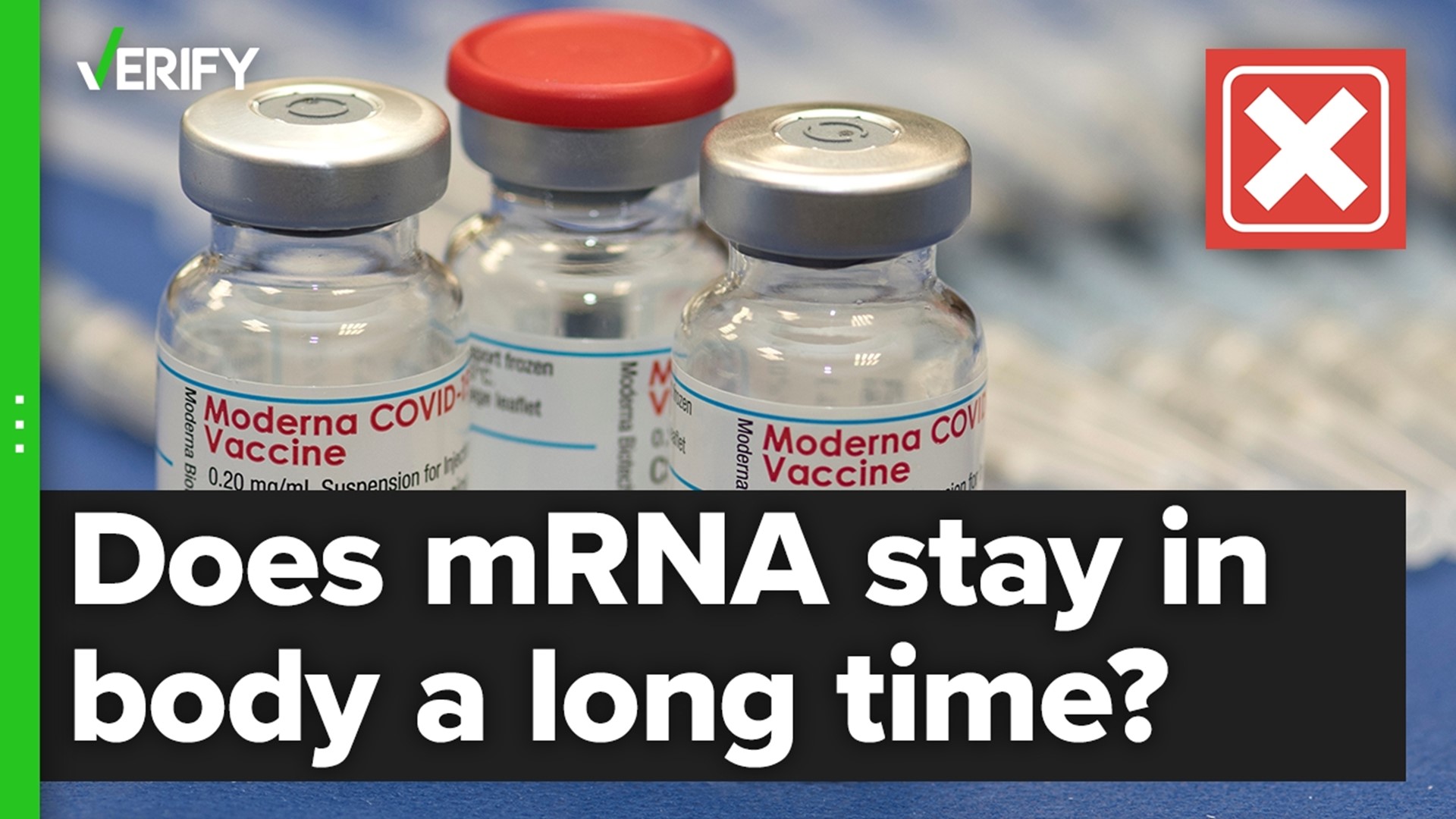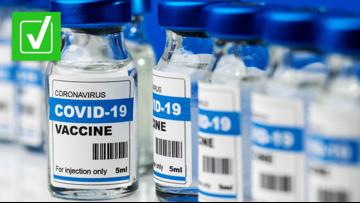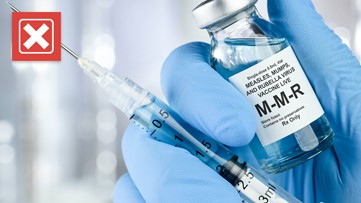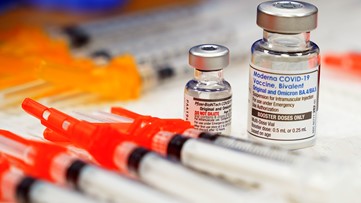In the United States, there are four approved or authorized COVID-19 vaccines available: Pfizer-BioNTech, Moderna, Novavax and Johnson & Johnson. The Pfizer and Moderna vaccines — the first two COVID-19 vaccines approved by the U.S. Food and Drug Administration (FDA) — are both messenger ribonucleic acid, or mRNA, vaccines.
Since the Pfizer and Moderna vaccines were first authorized in the U.S., a lot of misinformation has spread online about mRNA technology. Some people claim mRNA can stay in the body for an extended period of time after vaccination. VERIFY viewer Scott asked our team if those claims are true.
THE QUESTION
Does mRNA stay in a person’s body for an extended period of time after vaccination?
THE SOURCES
- U.S. Centers for Disease Control and Prevention (CDC)
- Nebraska Medicine
- University of Missouri Health Care
- MedlinePlus, an online health information resource produced by the U.S. National Library of Medicine
- Stuart Ray, M.D., professor of medicine in the infectious disease division at Johns Hopkins School of Medicine
THE ANSWER
No, mRNA doesn’t stay in a person’s body for an extended period of time after vaccination.
WHAT WE FOUND
Messenger RNA, or mRNA, is genetic material that tells your body how to make proteins. In an email, Stuart Ray, M.D., a professor at Johns Hopkins School of Medicine, told VERIFY that “mRNA is a normal molecule in each of our cells, from the moment of conception to the day we die. Every protein that our body makes is encoded by mRNA, and each of us has different mRNA sequences.”
“Every organism that lives in or on our bodies, from viruses to bacteria and fungi, as well as parasites, all contain mRNA. It's a fundamental part of life,” Ray said.
The mRNA used in the Pfizer and Moderna COVID-19 vaccines does not stay in a person’s body for an extended period of time after vaccination. Instead, mRNA vaccines teach a person’s body how to respond to a threat like COVID-19, then the mRNA is broken down within a few hours to a few days after vaccination and discarded from the body, according to Ray, the U.S. Centers for Disease Control and Prevention (CDC) and Nebraska Medicine.
“We know from many decades of work that mRNA is short-lived, among the least persistent of the macromolecules in our body,” Ray said. “In no instance have we found mRNA that lasts for a long time in living tissue. There's no reason to think that the mRNA of our COVID-19 vaccines lasts much longer than mRNA generally (a matter of hours to days at most).”
Many vaccines prior to mRNA technology put a weakened or inactivated germ into our bodies to trigger an immune response, but that is not the case for mRNA vaccines, according to the CDC and MedlinePlus.
On its website, University of Missouri Health Care explains that mRNA delivers a message to your immune system. This message tells your cells to create a harmless piece of a specific spike protein that mimics the proteins found on the surface of the SARS-CoV-2 virus, which causes COVID-19.
Once your body recognizes that the spike protein does not belong, it starts creating antibodies to remove it. In doing so, your body’s immune system becomes prepared to fight the virus if you encounter it, according to University of Missouri Health Care.
“After the mRNA does its job, it breaks down and is flushed out of your system within hours,” University of Missouri Health Care said.












